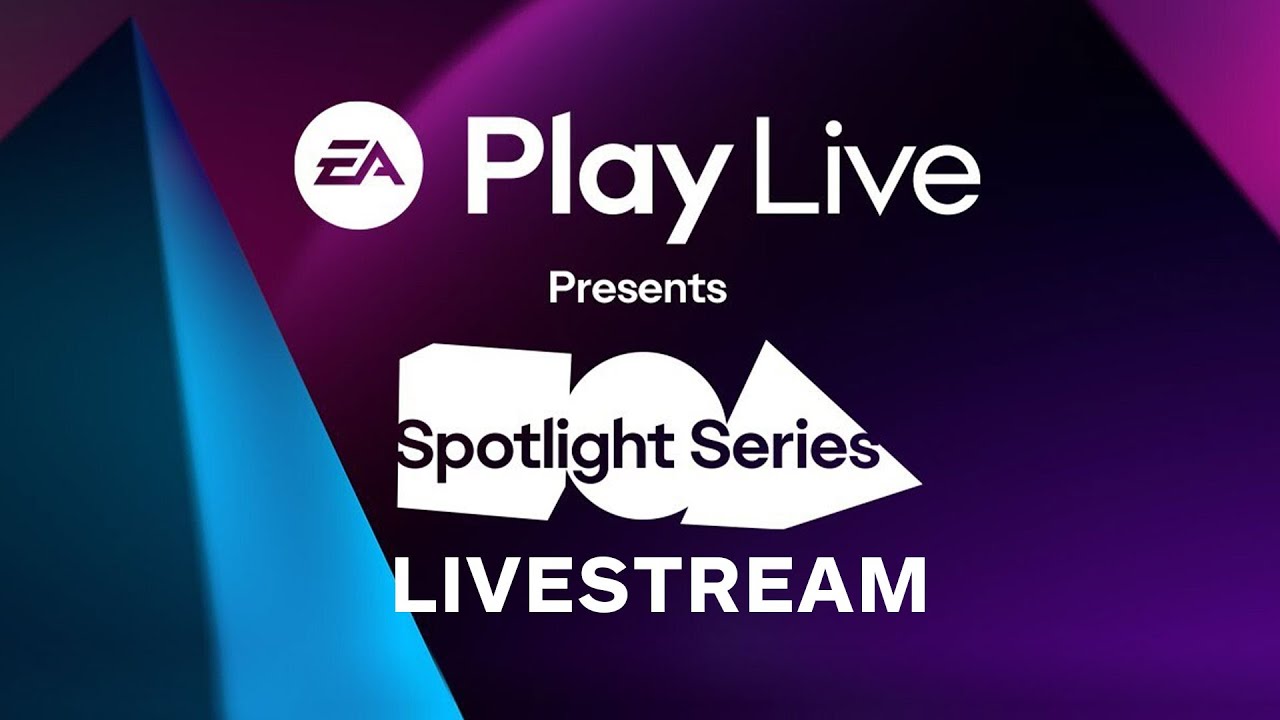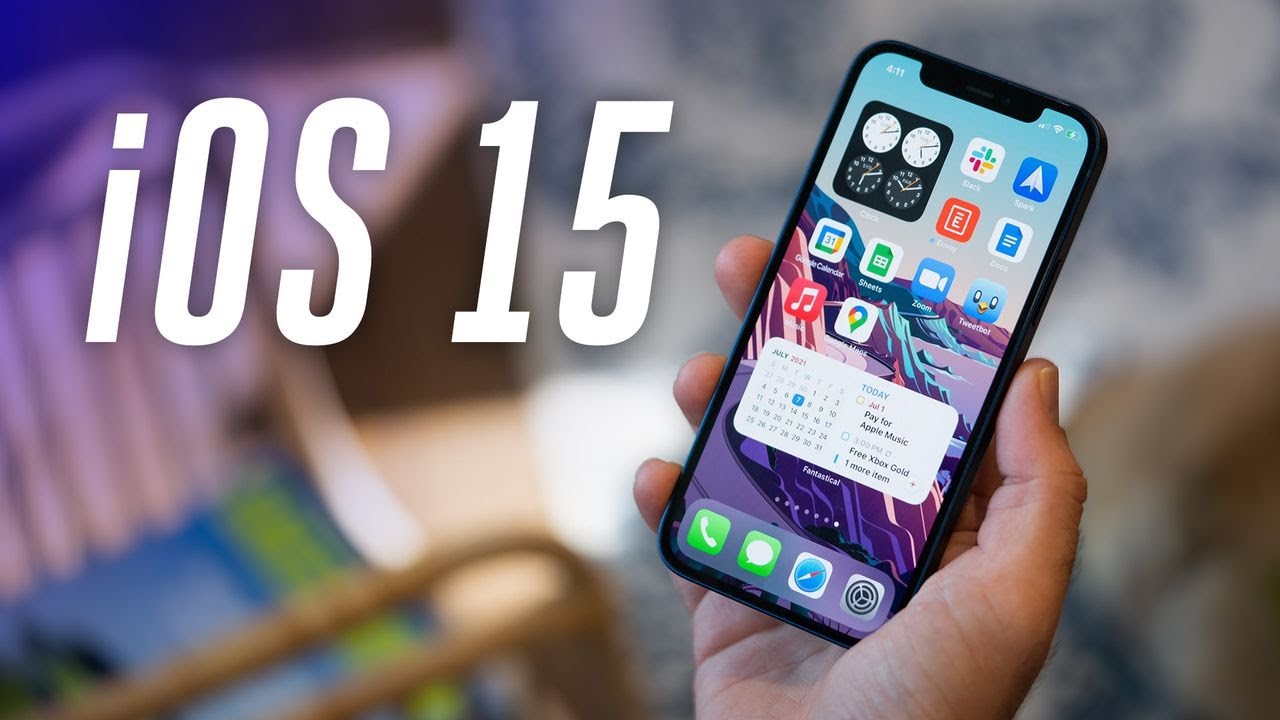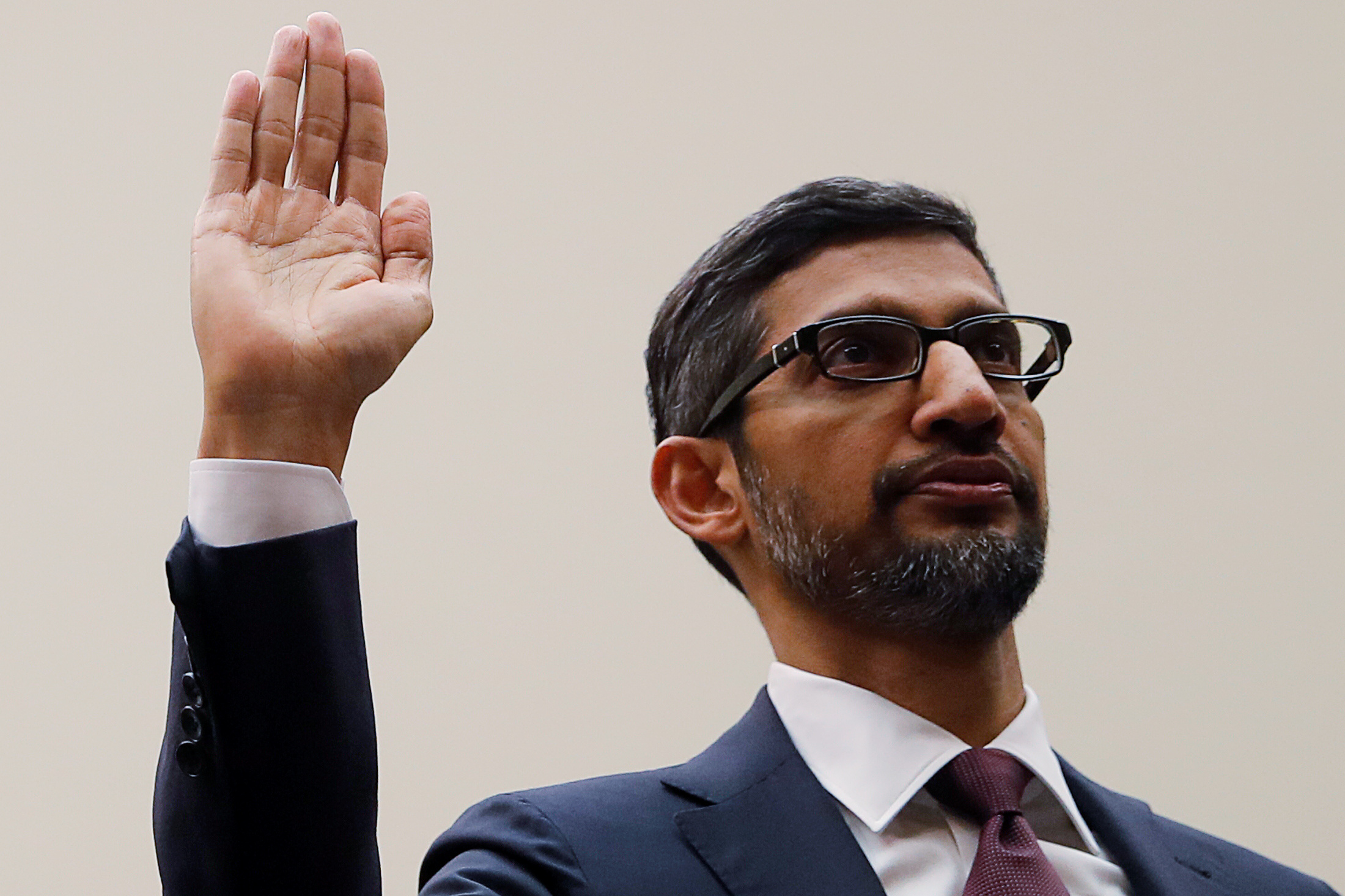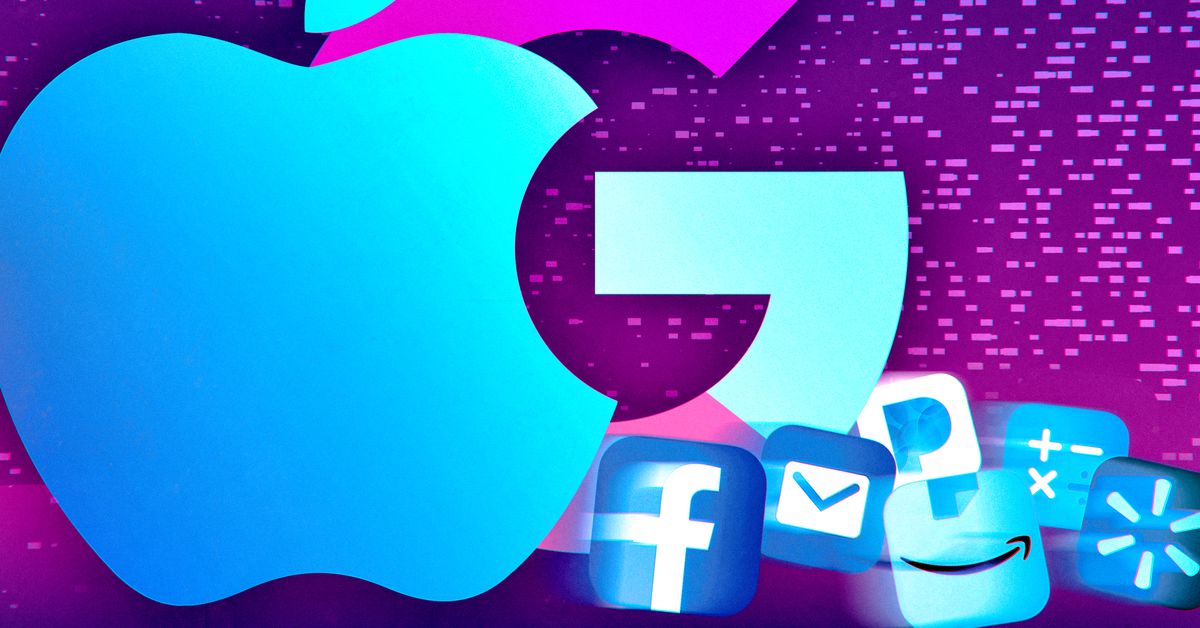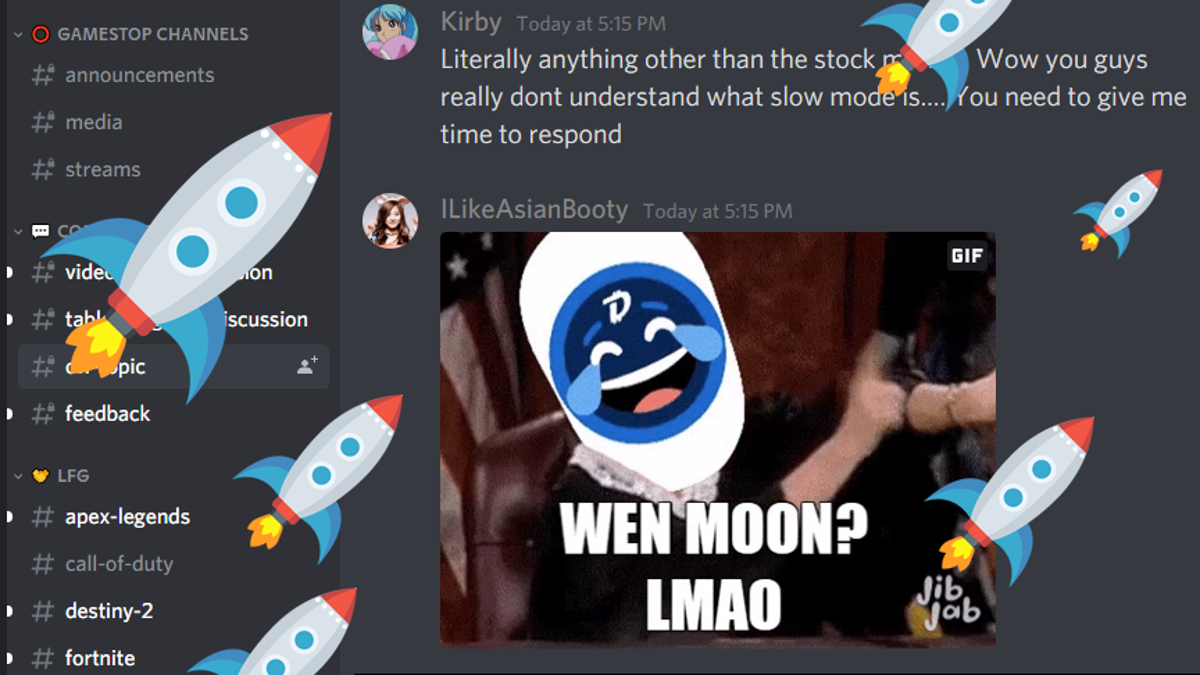- Death Stranding Director’s Cut – Official New Features Trailer | State of Play IGN
- Death Stranding: Director’s Cut lets you catapult cargo Polygon
- Death Stranding: Director’s Cut has new story missions and improved combat The Verge
- Death Stranding Director’s Cut Brings Prettier Vistas, New Story Missions, and a Racetrack to PS5 in September – IGN IGN
- Death Stranding Director’s Cut has more going on than expected Destructoid
- View Full Coverage on Google News
TechNews
EA PLAY Live 2021 Spotlight Livestream | The Future of FPS – IGN
iOS 15 and iPadOS 15 preview: the good, the bad, and the weird – The Verge
- iOS 15 and iPadOS 15 preview: the good, the bad, and the weird The Verge
- These great iOS 15 features will make you want a new iPhone Yahoo Entertainment
- iPadOS 15 hands-on: Inching forward and playing catchup Digital Trends
- Feature Request: Create a user-friendly standalone iOS Keychain app 9to5Mac
- iOS 15: How to Translate Text in Photos Mac Rumors
- View Full Coverage on Google News
These futuristic pods could help free up roads
In June, Belarus-based uSky Transport opened a 400-meter test line in Sharjah, which borders Dubai in the United Arab Emirates.
From the outside, the electrically powered pods are glossy white while the interiors are designed to feel like a first-class airline suite, including mood lighting, lounge music and floor-to-ceiling windows. With two padded armchairs and two foldable seats, the vehicle being tested can carry up to four passengers.
A fully implemented city-wide network could support 10,000 passengers per hour, uSky says, with vehicles currently able to travel up to 150 kilometers (93 miles) per hour — although for safety reasons, they can’t reach their top speed on the test track.
The company says its objective is to free up roads and ground space that could be used for greenery, walkways and public leisure spaces. “The ground level is completely over-saturated, and people are tired of traffic jams. People are tired of emissions,” says Oleg Zaretskiy, uSky Transport’s CEO.
According to uSky, while one kilometer of subway can cost up to $150 million to construct, this system costs around $10 million. And by using less structural materials, it reduces carbon emissions.
The company has also developed a similar technology to transport cargo containers, carrying up to 48 tons at a top speed of 90 kilometers (56 miles) per hour.
Making a difference in mobility
Though “sky pods” are often compared to monorails or cable cars, they offer greater flexibility, says Stephanie Haag, associate partner at consulting firm McKinsey & Company.
“In a cable car, you have one car and it always drives at the same speed,” she says. “[In sky pods] you can use many different cabins on that particular infrastructure,” such as ones tailored for shorter trips in urban areas or for longer distances.
Although she cautions that it would require careful planning to avoid congestion in a busy city-wide network, Haag believes it could still be a widely adopted solution if the promises of improved mobility and sustainability are kept.
Plans for future expansion
Later this year, uSky plans to build a 2.4 kilometer (1.5 mile) line in Sharjah, allowing it to run the passenger pod at higher speeds and demonstrate how passenger and cargo pods can be integrated into the same network.
According to Hussain Al Mahmoudi, CEO of Sharjah Research Technology and Innovation Park, where uSky’s test lines are located, the hope is for sky pods to boost the emirate’s strategy of becoming a sustainable, futuristic hub.
With the test line up and running, uSky has also received initial approval to build a line around the coastal town of Khor Fakkan, to the east of the emirate.
Zaretskiy says uSky is also looking beyond the UAE. “We can see that the most promising areas for us [are in the] Middle East [and] Asia — places where there is natural growth of population … such as India and Pakistan,” he says.
Haag adds that pods are more suited to countries where public transportation is under-developed and there is increasing demand for mobility solutions. Still, Zaretskiy says uSky Transport has received inquiries from countries including the United States and Canada.
The company hopes to finalize its first commercial contract by the end of the year in Sharjah, Zaretskiy adds, meaning uSky pods could be up and running over traffic by 2024.
Ramon announced for The King of Fighters 15

It’s nice to be back on another Wednesday night with a new King of Fighters 15 announcement to look forward to, and this week’s is a real blast.
SNK revealed tonight that Ramon will be the next character to join the growing ranks of KOF15 via a brand new gameplay trailer.
Ramon’s high-flying luchador fighting style is certainly on full display here, and he’s looking to make an impact… on both the ladies and his opponent’s face hitting the dirt.
The beast of body slams and drop kicks should be looking quite familiar to those familiar with his KOF14 incarnation, as he seems to retain everything from that game with some added visual flare.
Even all of Ramon’s Supers appear to be the same, which may be a bit of a bummer if some of his fans were hoping to see a fancy new grab at their disposal, but that running tackle will never get old.
While Ramon first appeared on K’s team in King of Fighters 2000 alongside Vanessa, it looks as though we may be soon seeing the return of the previous game’s Mexico team, and that’s really good news for fans of Angel and King of Dinosaurs.
Click images for larger versions
Random: That Guy Playing The Switch OLED In His Hallway Is Driving Social Media Bonkers
Nintendo revealed its Switch OLED with another one of those lifestyle commercials – showing people playing it in real life.
It starts off with a guy spending some time with Metroid Dread on the couch (believable), a woman by the pool enjoying the new Zelda title (again, yeah…it could happen), and then we get to a man who enters his home and begins to play the Pokémon Diamond and Pearl remake on a wooden bench in the hallway. What?!
Marketing companies are often known for inserting some odd scenes in tech trailers, but in this case, the scene in question seems to have tipped social media over the edge. A tweet highlighting this “absurd scenario” in the 2:36 minute trailer has blown up with more than 26K Likes – with a lot of responses mentioning how it’s driving them bonkers.
A lot of other responses have come up with all sorts of reasons as to why he might be doing this, what it might actually mean and others have come to his defence:

What’s your own take on the above scene? Was it weird, or can you see yourself playing Pokémon on your Switch OLED (in the hallway) in the near future? Where do you normally play the Switch in your house? And is it in docked or handheld mode? Tell us what you think down below.
36 states launch antitrust suit against Google over the Play Store
Google has yet another antitrust lawsuit on its hands. Politico reports 36 states and Washington DC have banded together to sue the company over its handling of the Play Store. They say Google’s control over the marketplace violates US antitrust law. The bipartisan group of attorneys general behind the suit filed the case in the same California federal court where Judge James Donato is scheduled to hire Epic’s suit against Google over Fortnite’s removal from the Play Store last year.
This latest action is the fourth antitrust lawsuit launched against Google following three similar claims in 2020. In December, a group of 38 states and territories led by Colorado Attorney General Phil Weiser filed antitrust charges against the company over its search business. The tech giant is also the subject of a Department of Justice probe.
The timing of Wednesday’s suit follows after Google recently lowered its Play Store commission fee to 15 percent on the first $1 million developers earn on the marketplace every year. When Google announced the change back in March, it claimed it would reduce the fees it takes from 99 percent of Android developers by 50 percent. Later this year, Google also plans to enforce a policy that will require all developers to process their payments through the Play Store’s billing system. The announcement led to uproar among companies like Netflix and Spotify that had in the past skirted that requirement.
While the Play Store comes preinstalled on the majority of Android devices, it is not the only place where you can download software to your phone. Amazon and Samsung operate their own app stores. It’s also possible to sideload Android apps from websites like APK Mirror, allowing you to bypass the Play Store completely. Both those facts are not true of iOS devices where Apple’s App Store is the only place where you can download software for your iPhone or iPad.
Today’s suit also comes a little more than a week after a federal judge in Washington dismissed the FTC’s antitrust complaint against Facebook, saying the agency hadn’t presented sufficient evidence to back up its claims that the social media giant is a monopoly.
We’ve reached out to Google for comment, and we’ll update this article when we hear back from the company.
All products recommended by Engadget are selected by our editorial team, independent of our parent company. Some of our stories include affiliate links. If you buy something through one of these links, we may earn an affiliate commission.
July security patch rolling out to Google Pixel, OTAs live
As the next major version of Google’s mobile OS progresses through the Beta Program, Android 11 remains the stable release throughout the summer. Google is now rolling out a more quiet July security patch to address bugs on the Pixel 3, Pixel 3a, Pixel 4, Pixel 4a, Pixel 4a (5G), and Pixel 5.
There are 20 issues resolved in the July security patch dated 2021-07-01 and 24 for 2021-07-05. Vulnerabilities range from high to critical, with the most severe relating to the media framework and a remote attacker possibly executing arbitrary code through a crafted file.
In the last Android Security & Privacy Year in Review, Google notes that “no critical security vulnerabilities affecting the Android platform were publicly disclosed without a security update or mitigation available for Android devices.” Additionally, there was an 84% year-over-year jump in security patches during Q4 2018 compared to the prior year.
The dedicated bulletin for Google devices lists 10 security fixes and 2 functional updates. This update enables VoLTE on “certain” unspecified networks, and has a fix for “continued device reboots” under certain scenarios.
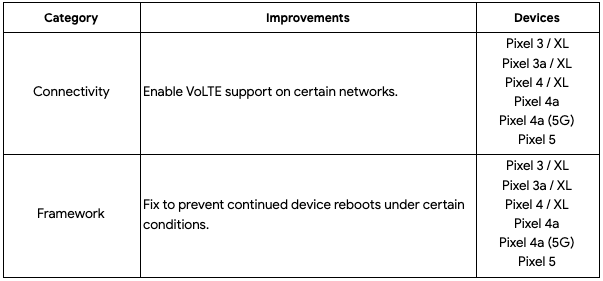
FTC: We use income earning auto affiliate links. More.
Apple and Google crowd out the competition with default apps
If you use an iPhone or Android phone, chances are the majority of your most-used apps were made by Apple and Google.
That’s the takeaway from a new Comscore study that ranks the popularity of preinstalled iOS and Android apps, such as Apple’s Messages, alongside apps made by other developers. The results show that the majority of apps people use on their phones in the US come preinstalled by either Apple or Google. The first-of-its-kind report was commissioned by Facebook, one of Apple’s loudest critics, and shared exclusively with The Verge.
Preinstalled services dominate when it comes to basics like weather, photos, and clocks, according to the report, suggesting these categories will be difficult for other apps to compete in. Defaults don’t win out exclusively, though: Apple Maps and Music don’t appear on the iOS list at all, and Gmail makes the iOS list several entries below Apple Mail.
The timing, as Facebook likely intentioned, is apt: Apple and Google are increasingly under scrutiny for how they favor their own services over competitors like Spotify. US lawmakers are currently reviewing a new set of bills designed to curb the power of Big Tech, including legislation that could potentially bar Apple and Google from giving their services the upper hand against rivals.
The pushback stems from how Apple and Google bundle their apps and services with their mobile operating systems in ways that some of their competitors think is unfair. The criticism is harsher against Apple, given that it more tightly controls the apps that come preinstalled on the iPhone and doesn’t allow developers to circumvent its App Store.
At the same time, it has been difficult to know how popular these preinstalled apps are relative to apps made by third-party developers since Apple and Google don’t disclose user numbers for their default apps. Research firms regularly track the popularity of apps that are available for download in app stores, but Comscore’s study is the first real attempt at charting how default mobile apps compete against other developers.
You can view the full interactive version here.

To make the report last December, Comscore used data it regularly gathers from apps and websites alongside a survey of roughly 4,000 people asking about the default apps they used during the month of November. The results show that 75 percent of the top 20 apps on iOS in the US were made by Apple, while Google made 60 percent of the top apps on Android. The top four apps on both platforms were made by their respective parent company.
Facebook is the only outside developer with more than one app on the iOS list and the only developer with three apps on the list for Android. Randomly, a staggering 78 million people used Apple’s Calculator app — more than the users of Gmail on Android.
Facebook paid for the Comscore study to show the “impact of preinstalled apps on the competitive app ecosystem,” according to company spokesman Joe Osborne. The social network’s executives have long criticized Apple’s limitations on third-party developers for hindering their ability to distribute mobile games and compete effectively with iMessage.
Apple rejected the report’s findings. “This Facebook-financed survey from December 2020 was narrowly tailored to give the false impression that there’s little competition on the App Store,” an Apple spokesperson told The Verge. “In truth, third-party apps compete with Apple’s apps across every category and enjoy large scale success.”
The spokesperson said the survey’s methodology was “seriously flawed in a number of ways” and that the results contradicted Comscore’s recent April 2021 rankings on app usage. But those rankings didn’t attempt to factor in the usage of all preinstalled apps like the Facebook-commissioned study did.
Google did not respond to requests for comment.
Besides Comscore showing app usage in the US for a particular window of time, there are a couple of other quirks in its methodology to note: it did not include browsers such as Apple’s Safari or Google’s Chrome in the rankings or what it calls “embedded operating system features” like Siri. And results for Android weren’t gathered by specific phone manufacturers, meaning app usage isn’t broken out for Samsung phones relative to the Google Pixel, for example.
Still, the report points to the power platform owners have over what apps are used on their devices. It’s not just the app stores that serve as gatekeepers, but the phones themselves.
New GameStop Discord Plagued By Stonk Bros And Store Complaints
GameStop decided to meet the gamers where they live today, opening a new Discord server where thousands are coming together under the enriching banner of a video game retailer. The community launched without a filter, as evidenced by a torrent of the n-word flooding chat on Tuesday night. The moment I first peeked into the server, several hours after launch, was precisely when one particular user was successfully halting all conversation with an unending spam of “CLITTYS.”
I’ve refreshed throughout Tuesday night, and events on GameStop’s Discord remain somewhat hectic. Chat has improved enough to have the occasional coherent thought or vague conversation, they’re just peppered with outbursts of dicks and poop. Given media attention revolving around the GameStop server’s unruly state earlier on Tuesday, it seems possible that someone at GameStop HQ will become aware that a ruckus has unfolded under the company name. Hopefully, then, it’s just a matter of time before moderators set everything straight. While you’d think that a gaming company would be familiar with the concept of trolls, stuff like this happens all the time, unfortunately.
But let me ask you something. What, exactly, would a person want from a GameStop Discord server? The value proposition for GameStop is obvious; a Discord channel could be a great way to share promotions and products of interest, perhaps tempting someone to make a purchase. And sure enough, the Discord has channels that the company is using to share branded content, like YouTube videos. For users, the appeal is less straightforward.
Would you go into a GameStop server to find a gaming buddy when there are dedicated Discords for specific popular games? Probably not, right?
But maybe you’re looking for a place to talk about video games? Strange choice, but plausible. GameStop did announce the whole thing by suggesting that it could be a place to connect with other obsessed gamers. But if GameStop truly intends to give users a place to talk games, and by extension about places that sell video games, then it has to host folks strategizing on how to best save money at GameStop’s own expense. Or worse, complain about GameStop and its business practices for trade-in games. I observed both in equal measure.
Read More: GameStop Just Made $1.1 Billion Selling Off Its Meme Stock
“GameStop is literally the worst shop you can go to to get video games stuff,” one Discord denizen noted. Likely, anyone looking to save some bucks will choose to frequent places [like] CheapAssGamer or Wario64 over GameStop itself. So if you’re not there for deals and you’re not there for games, what are you there for?
For some, it was obviously boredom. Nothing about being on a GameStop server sounds particularly cool or enticing, but during a pandemic, anything is welcome as a distraction.
But the most overwhelmingly common type of GameStop Discord user I observed on Tuesday night was memesters. It’s usually hard to capture the pulse of any chat that’s popping off, but the continued appearance and wide variety of Among Us twerking emotes along with the constant stream of rocket ship emojis spoke for itself. Whether ironically or earnestly, GameStop’s Discord server seems to be where people go to repeatedly type “stonks” at each other with the assurance that others will find it funny for the millionth time. This is the community birthed in the wake of the $GME blow-up, and these wayward souls finally have an official place to congregate that’s not r/wallstreetbets and its many offshoots.
By midnight, much of the chat had started discussing whether or not the new Discord needed a dedicated stocks channel. Some were for the idea, because, as one Discord dweller noted, memes were plaguing the chat. “It’s a losing battle on every side to completely shut off stonk talk, but containing it channel-wise is good,” they wrote.
Others were skeptical, obviously wanting to distance themselves from folks running a joke ragged. “Stonk talk 24/7 might not be healthy for the brand,” another wrote. As of this writing, GameStop has not created a stocks channel. Nevertheless, the gamers persist.

